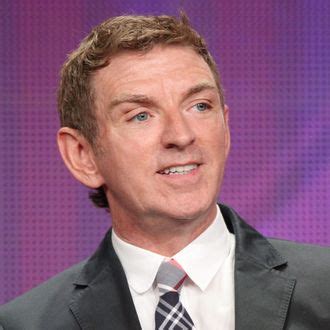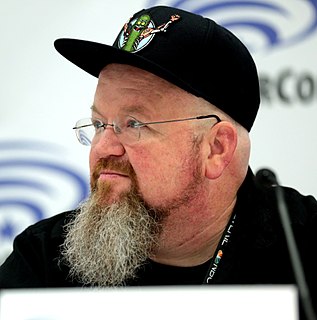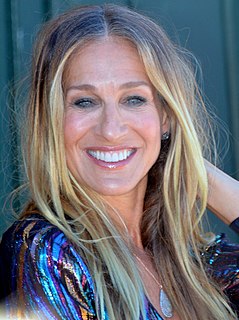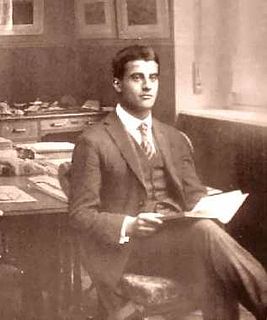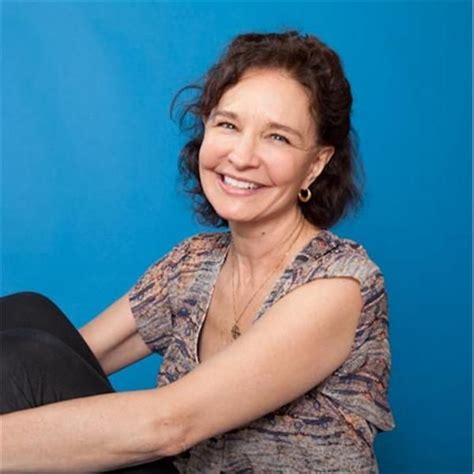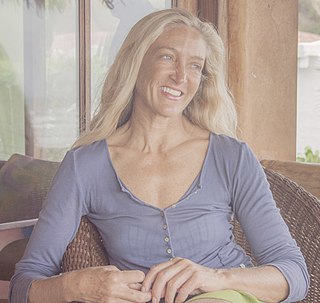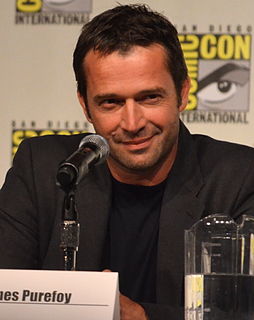A Quote by Michael Patrick King
Maybe our mistakes are what make our fate. Without them, what would shape our lives? Perhaps, if we never veered off course, we wouldn't fall in love or have babies or be who we are.
Related Quotes
Maybe mistakes are what make our fate... without them what would shape our lives? Maybe if we had never veered off course we wouldn't fall in love, have babies, or be who we are. After all, things change, so do cities, people come into your life and they go. But it's comforting to know that the ones you love are always in your heart... and if you're very lucky, a plane ride away
I suspect that many of us, if given the chance to make one person in our lives love us more, would have no trouble in choosing where to point a finger. We are all needy, all vulnerable, all terrified that perhaps that person has an excellent reason to withhold affection. We shape our purposes to make ourselves worthy and often do not see until much later how it was love-or perhaps the lack of it-that both picked us up and dropped us off at crossroads.
The most pernicious aspect of procrastination is that it can become a habit. We don't just put off our lives today; we put them off till our deathbed. Never forget: This very moment, we can change our lives. There never was a moment, and never will be, when we are without the power to alter our destiny. This second we can turn the tables on Resistance. This second, we can sit down and do our work.
Each of you knows that the foundation of our faith is charity. Without it, our religion would crumble. We will never be truly Catholic unless we conform our entire lives to the two commandments that are the essence of the Catholic faith: to love the Lord, our God, with all our strength, and to love our neighbor as ourselves.
Habits are powerful, but delicate. They can emerge outside our consciousness, or can be deliberately designed. They often occur without our permission, but can be reshaped by fiddling with their parts. They shape our lives far more than we realize—they are so strong, in fact, that they cause our brains to cling to them at the exclusion of all else, including common sense.
